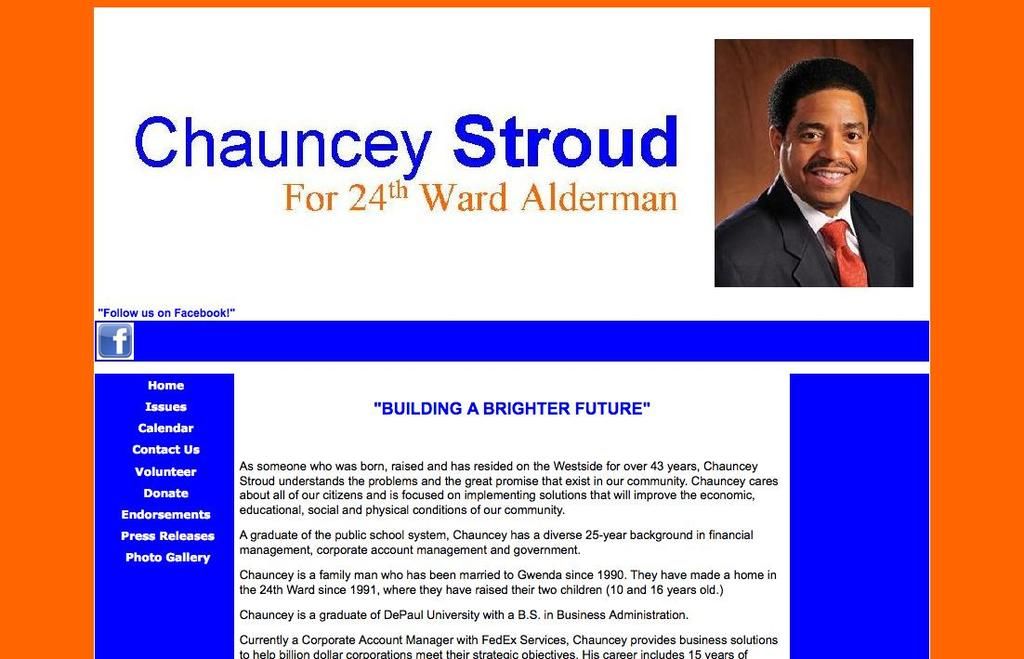Tariff Fatigue on Wall Street: New Announcements Fail to Rattle Markets
Escalating US Tariffs Degrade Wealth Management Sectors
President Donald Trump's relentless barrage of tariff announcements barely registers a blip on Wall Street lately. Even his latest round of tariff hikes on steel and aluminum imports from June 4, which set the rate at a staggering 50 percent, seemingly doesn't faze the market - indices keep going up. This phenomenon is being attributed to traders' habituation to his unpredictable policies.
The trade landscape remains shrouded in uncertainty, with constant friction between the US and China. Both nations are still trading accusations of sabotaging recent trade deals. The precarious trade peace between the two countries could crumble further over the handling of rare earths, as reports claim.
Market strategist, Jim Reid of Deutsche Bank, expressed bewilderment at the current state of trade - it's an uphill battle to keep up, and for now, it seems that tariff uncertainty is a constant. Reid added that despite the chaos, it appears we've probably crossed the peak of US policy aggression.
On Tuesday, the Dow-Jones Index climbed 0.1 percent to 42,305 points, the S&P-500 closed 0.4 percent higher, and the Nasdaq Composite rose by 0.7 percent. By the end of the day, 1,264 stocks gained, 1,487 lost, and 79 remained unchanged on the NYSE.
The economic data painted a mixed picture, with US industries recording a slowdown in activity in May, according to ISM. However, a survey by S&P Global for the US industry indicated a strengthening compared to the previous month.
The resurfacing of the tariff issue put pressure on the dollar, causing the dollar index to drop by 0.7 percent in traders' eyes, with the weakness primarily attributed to the tariff issue. Barclays anticipates that the proposed retaliatory measure against foreign governments could reduce demand for US assets and exert pressure on the dollar.
Investors showed some apprehension regarding a US retaliatory tax that could impose new taxes of up to 20 percent on foreigners with US investments, potentially impacting governments, individuals, and companies with US branches. The US Treasury Secretary Scott Bessent has ruled out a US default, but high US debt levels remain a concern for some market analysts.
The escalating trade conflict got gold investors excited, boosting their demand for gold. Concerns about an end to the Ukraine war following a Ukrainian attack on Russia's bomber fleet also fueled gold prices. Oil prices saw a surge too, mainly due to Russian headlines, with Brent and WTI prices climbing up to 3.8 percent.
Steel stocks such as Cleveland-Cliffs, Steel Dynamics, and Nucor enjoyed a significant boost following announced US tariffs on US steel and aluminum imports, while Apple found itself embroiled in a legal challenge against the EU competition authority over its iOS operating system.
Biontech surged after signing a lucrative deal worth billions with Bristol Myers Squibb to develop and commercialise its antibody candidate "BNT327." The UK takeover panel has extended the deadline for US chipmaker Qualcomm's takeover offer for Alphawave IP Group for the fourth time, and Campbell's shares rose on the back of beating third-quarter market expectations but providing a negative outlook.
- Amidst the ongoing unpredictability in both business and politics, the Financial Commission has been closely monitoring the escalating trade conflict between the US and China, as well as the potential repercussions on general-news items such as tariffs, the dollar, and gold prices.
- Despite the seemingly constant tariff announcements and uncertainties in the finance sector, market strategists such as Jim Reid of Deutsche Bank have observed a strange resilience in the stock market, with indices like the Dow-Jones Index, S&P-500, and Nasdaq Composite experiencing steady growth.





